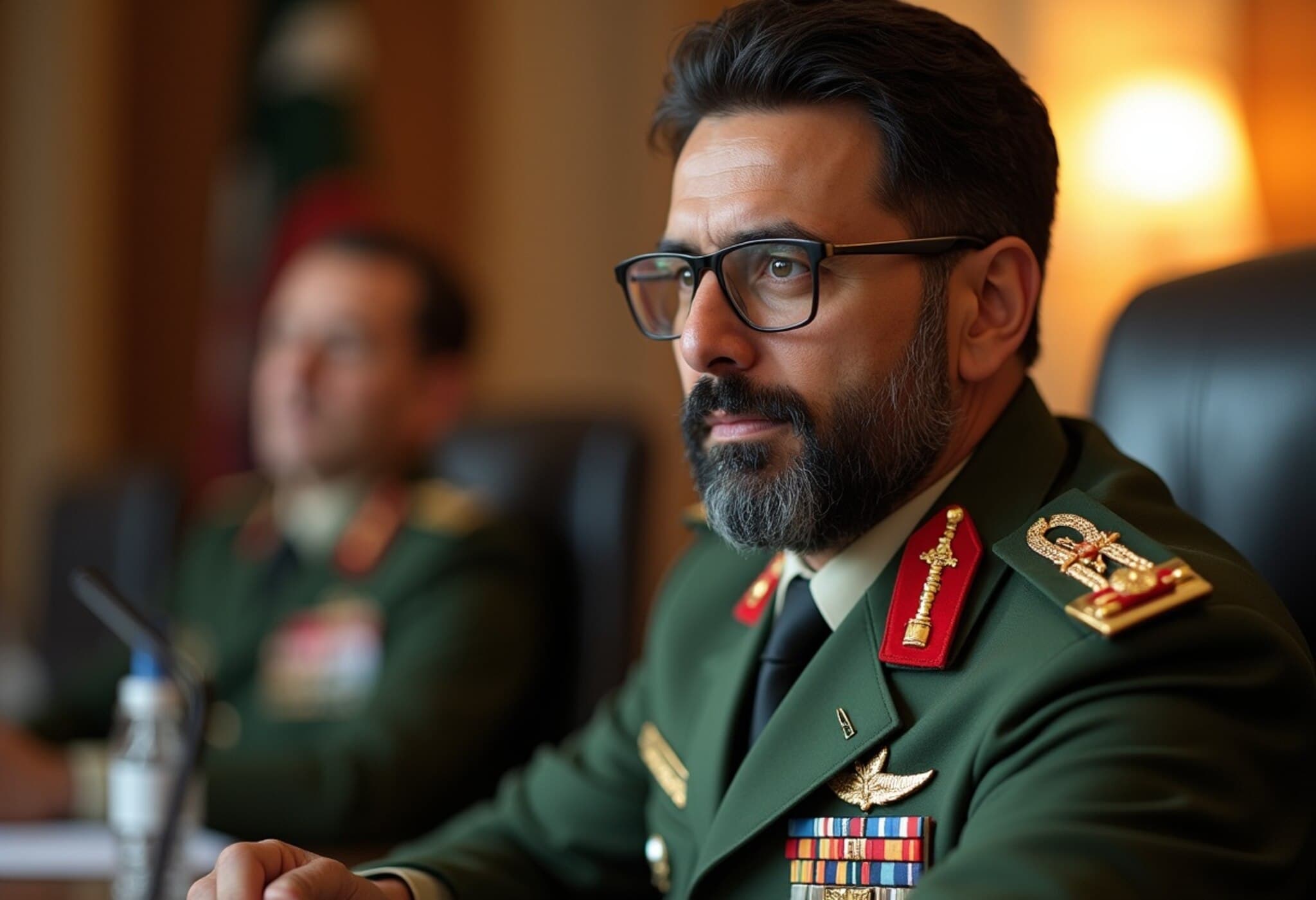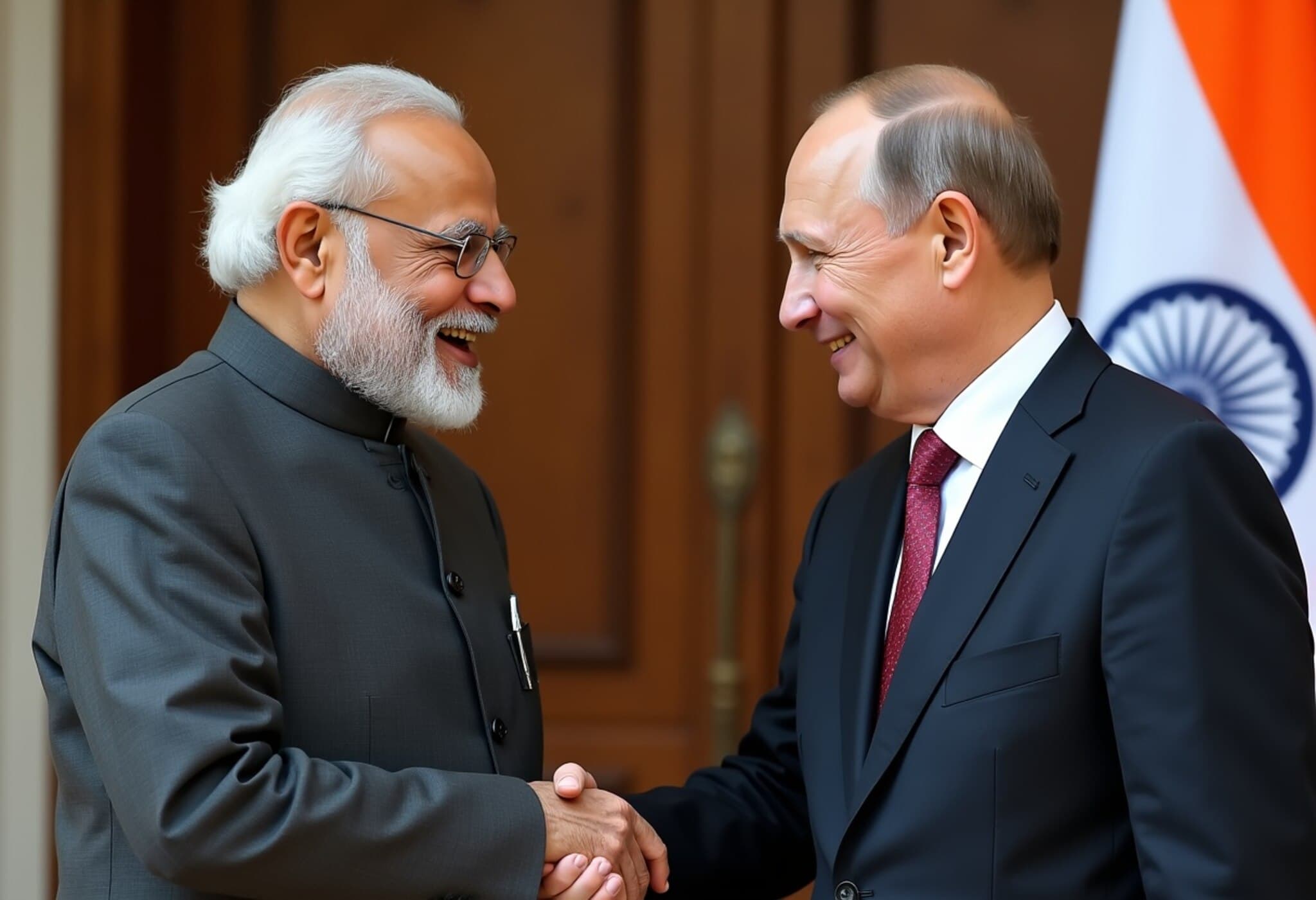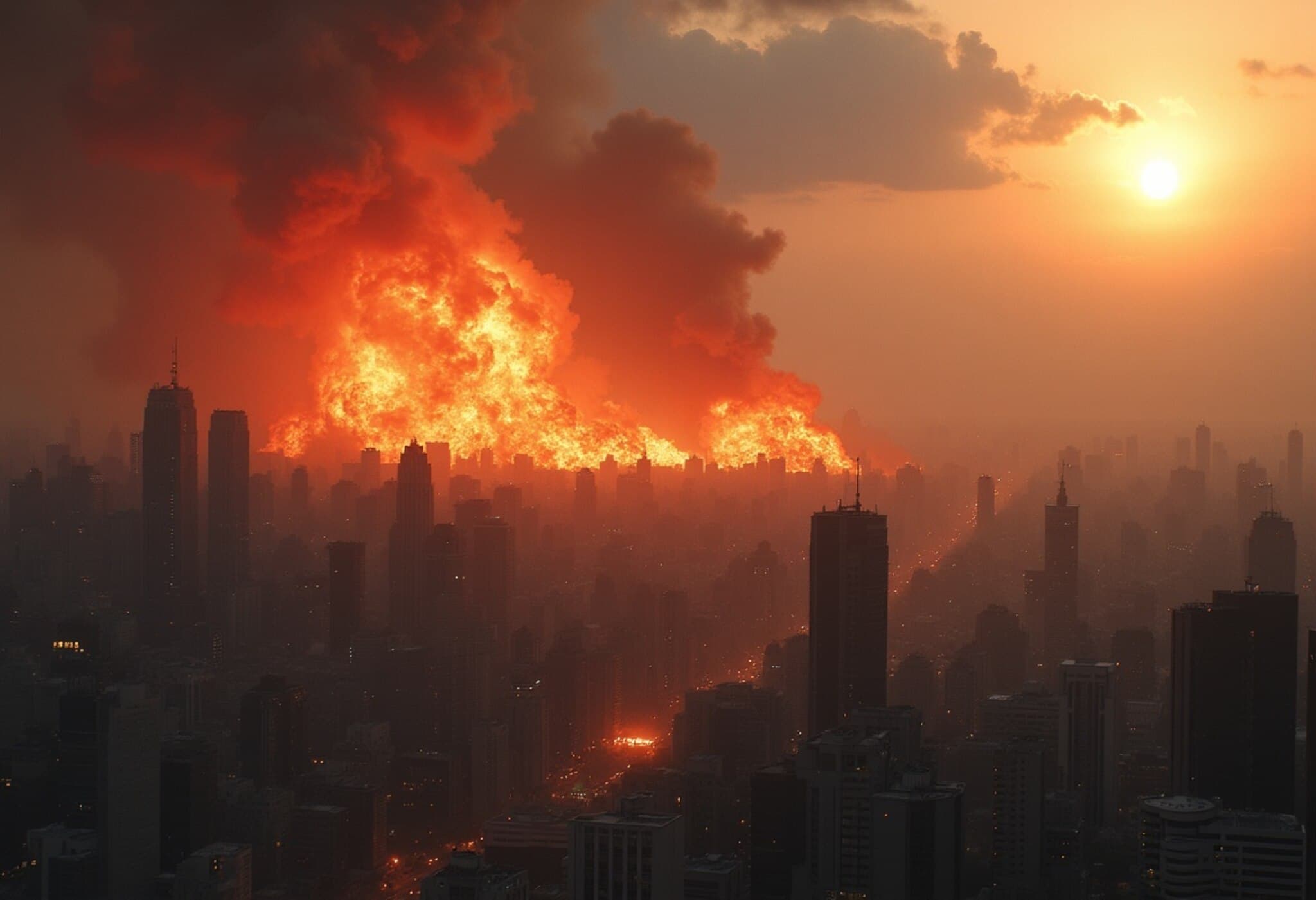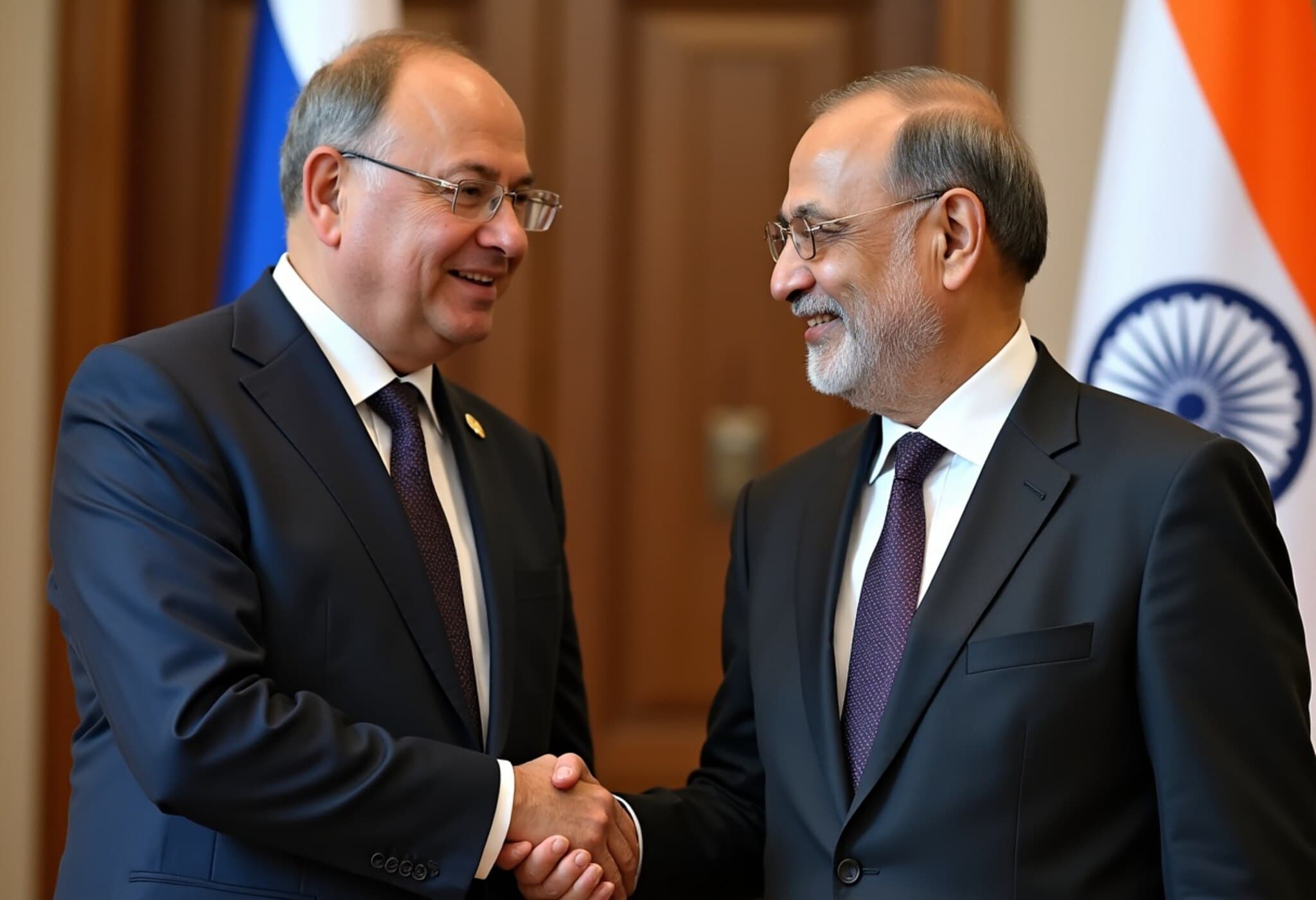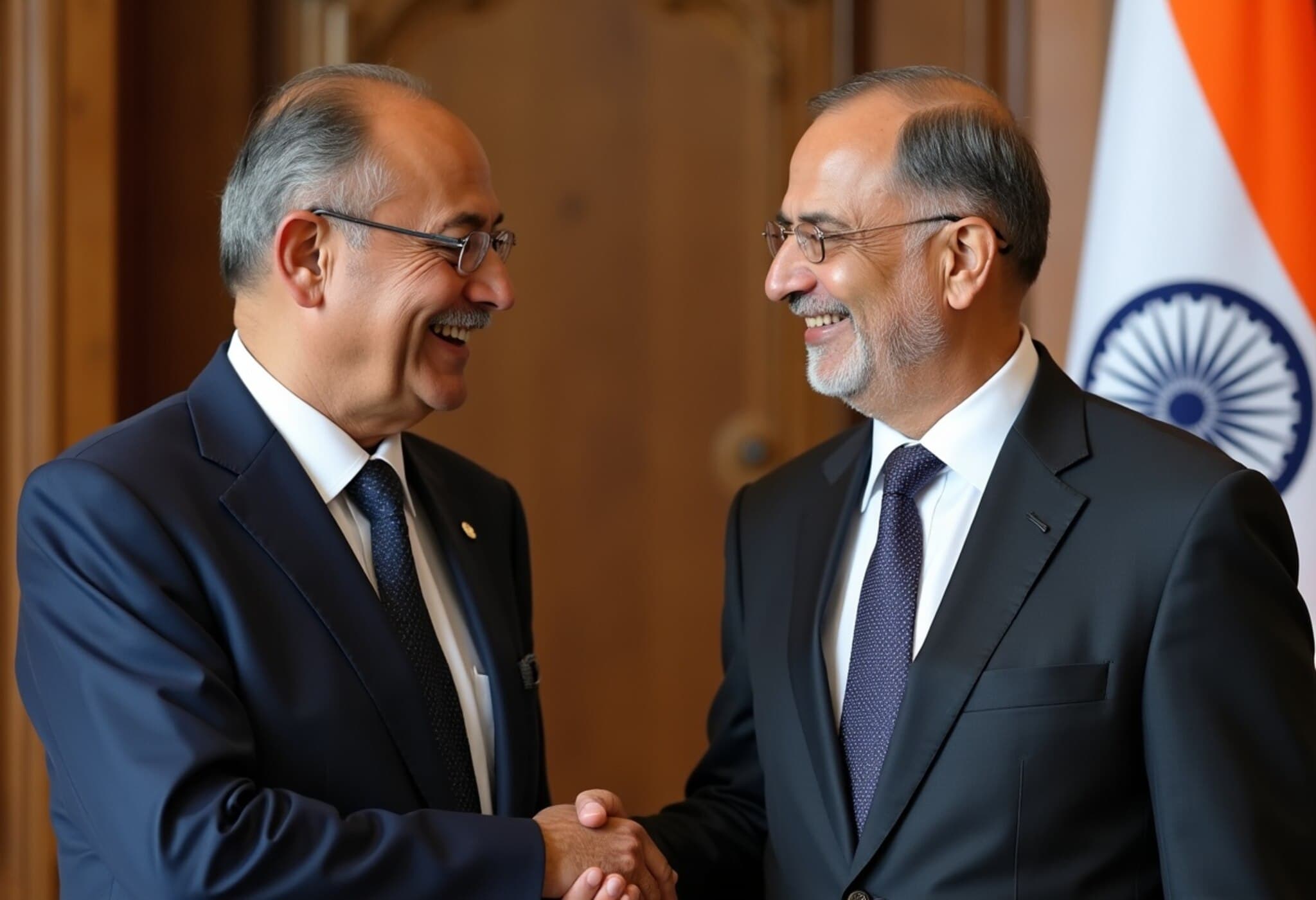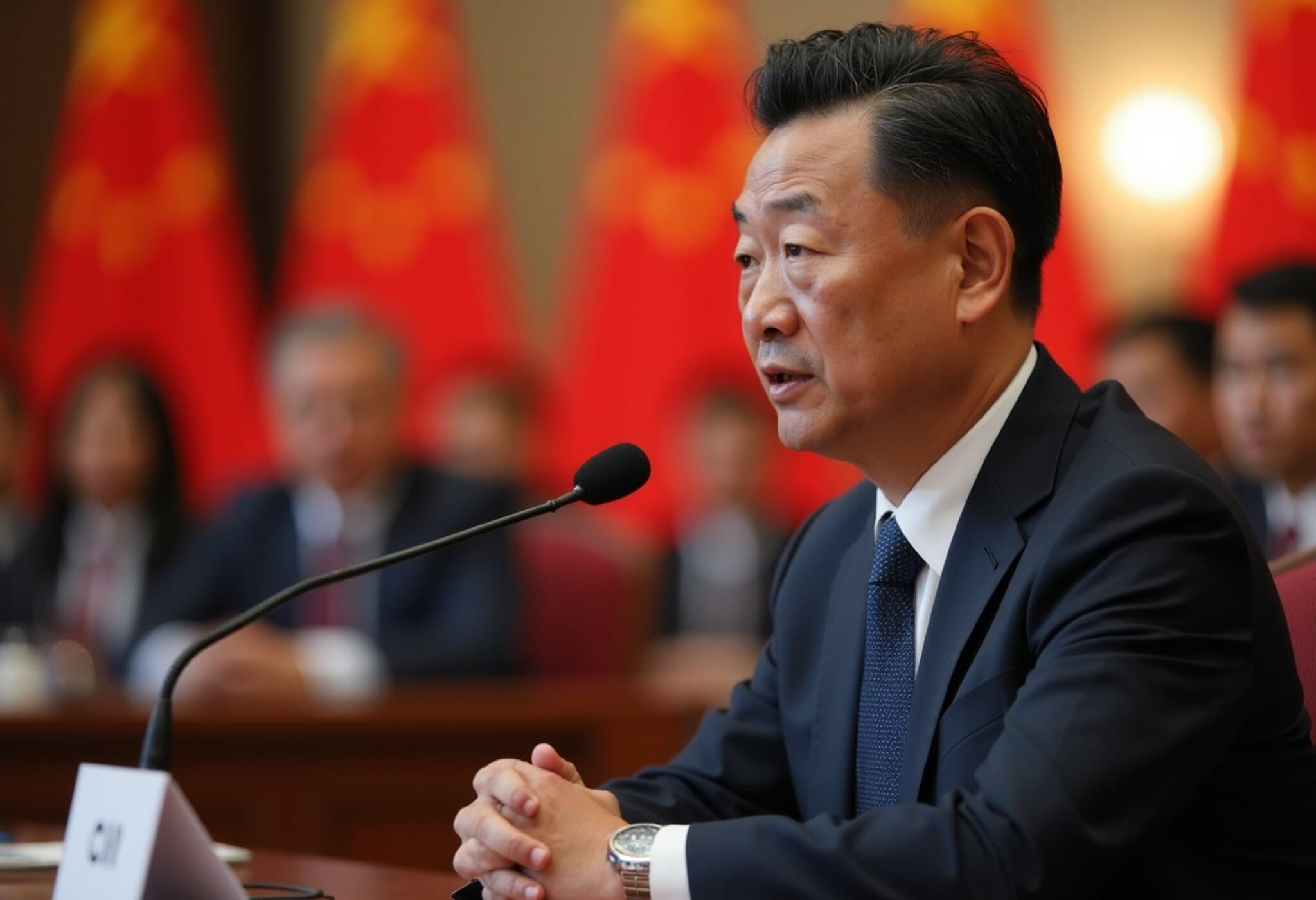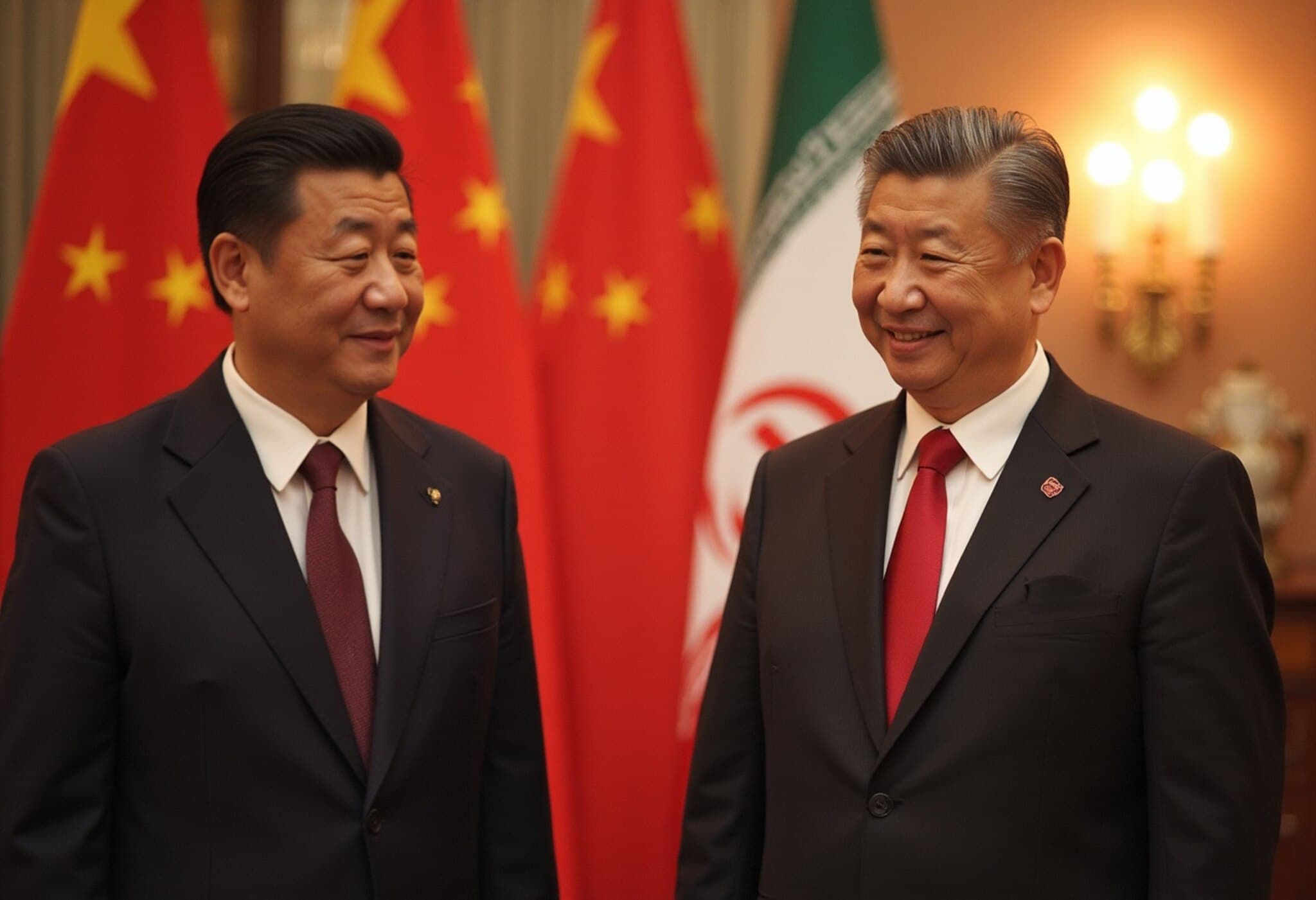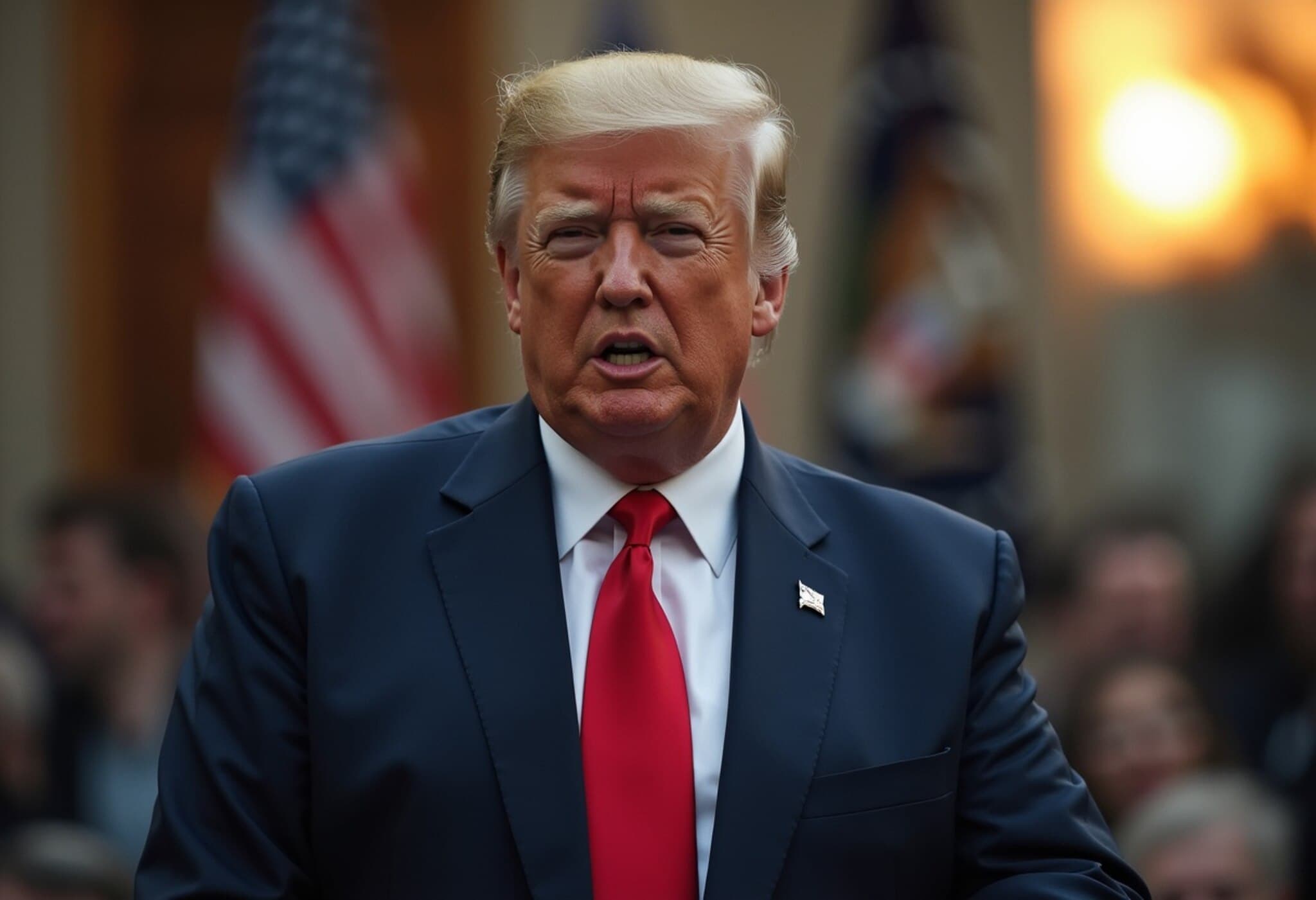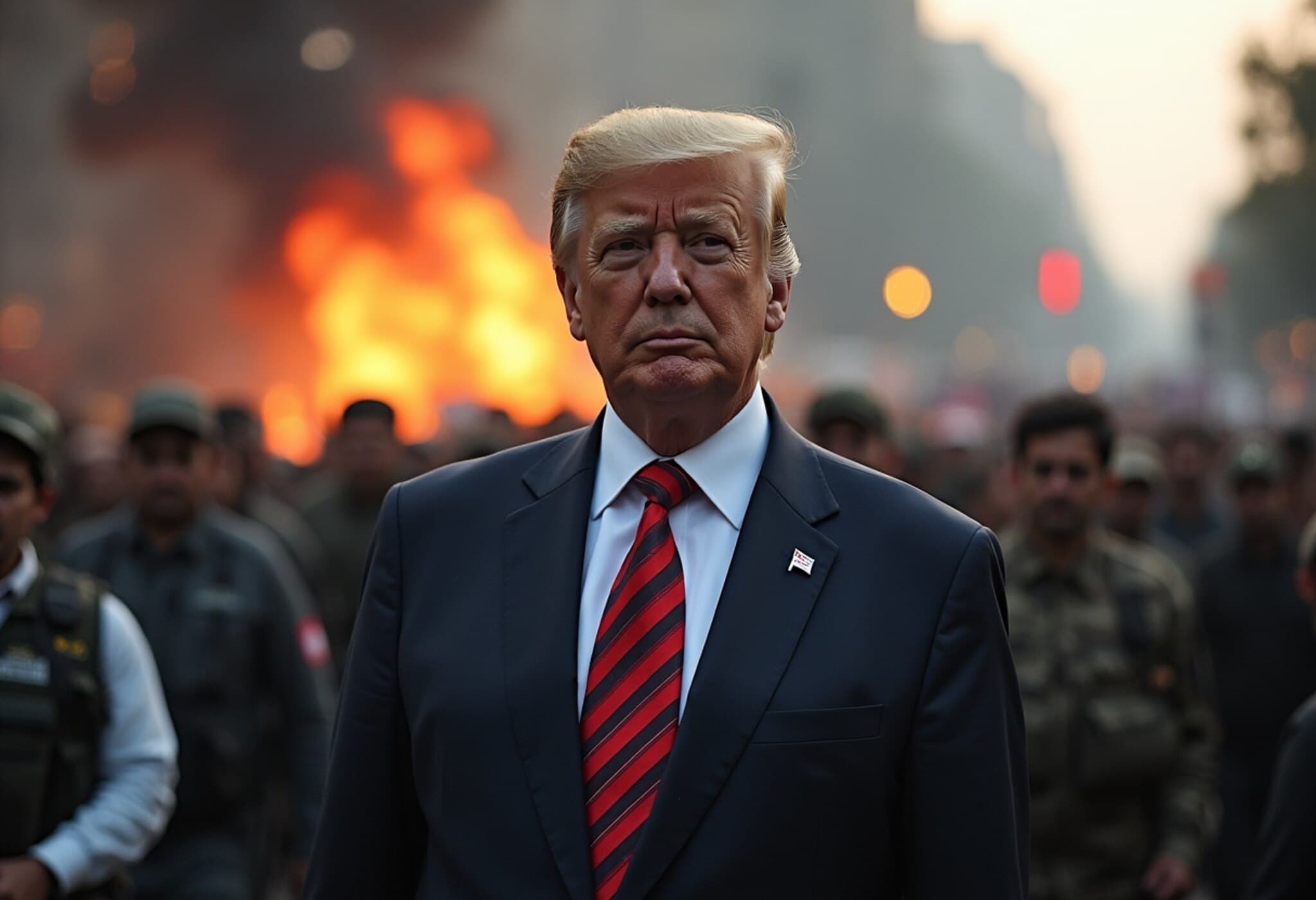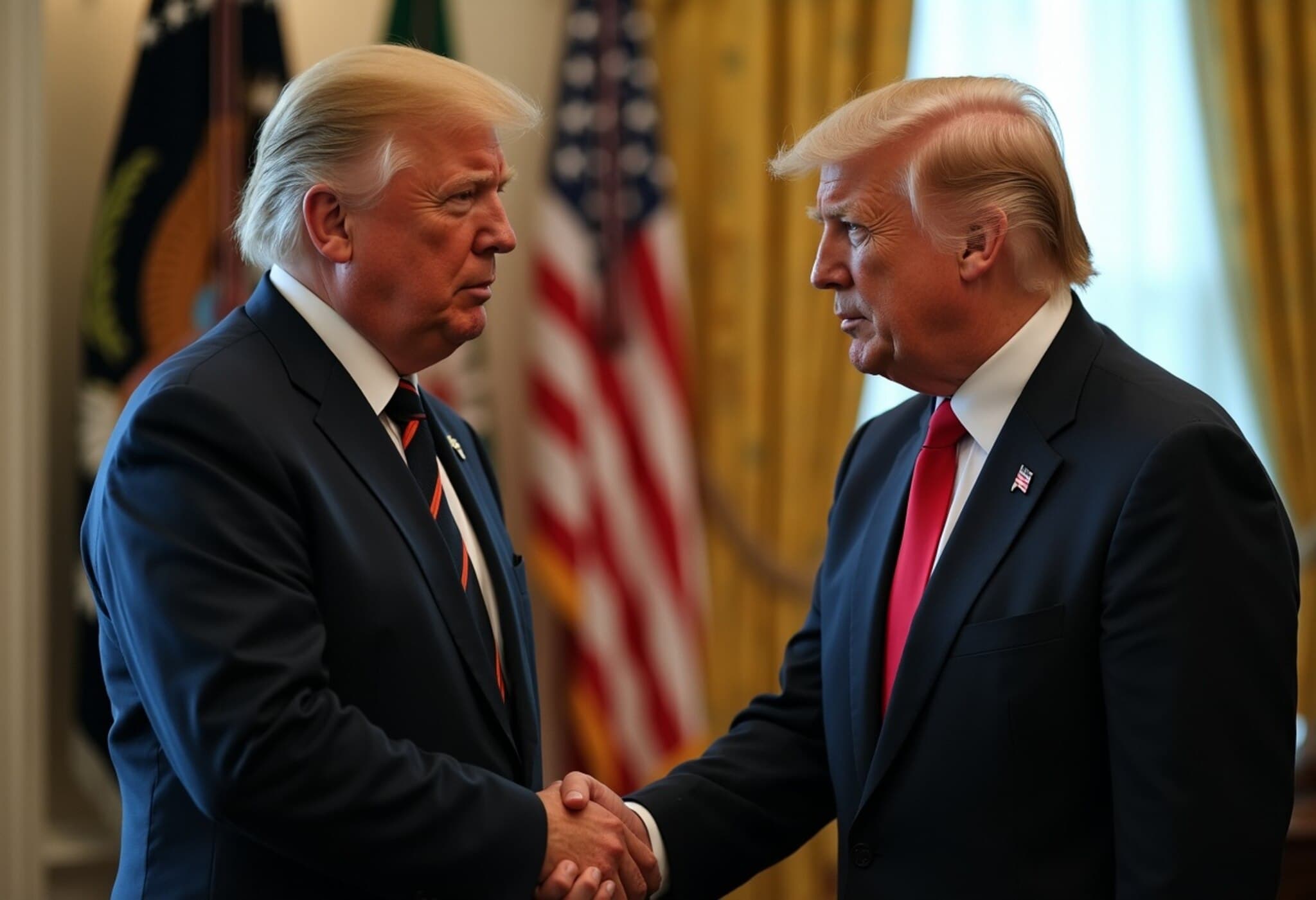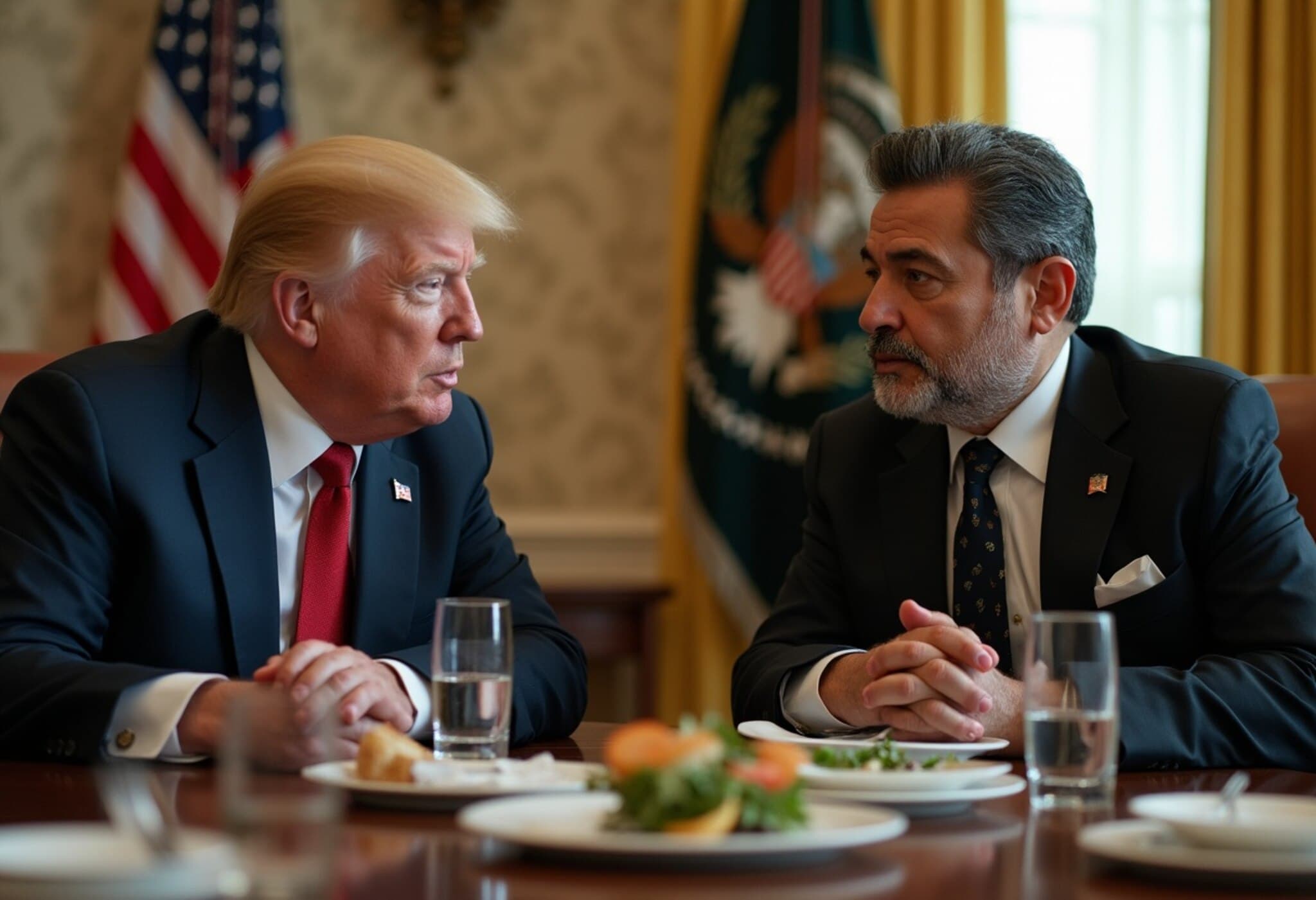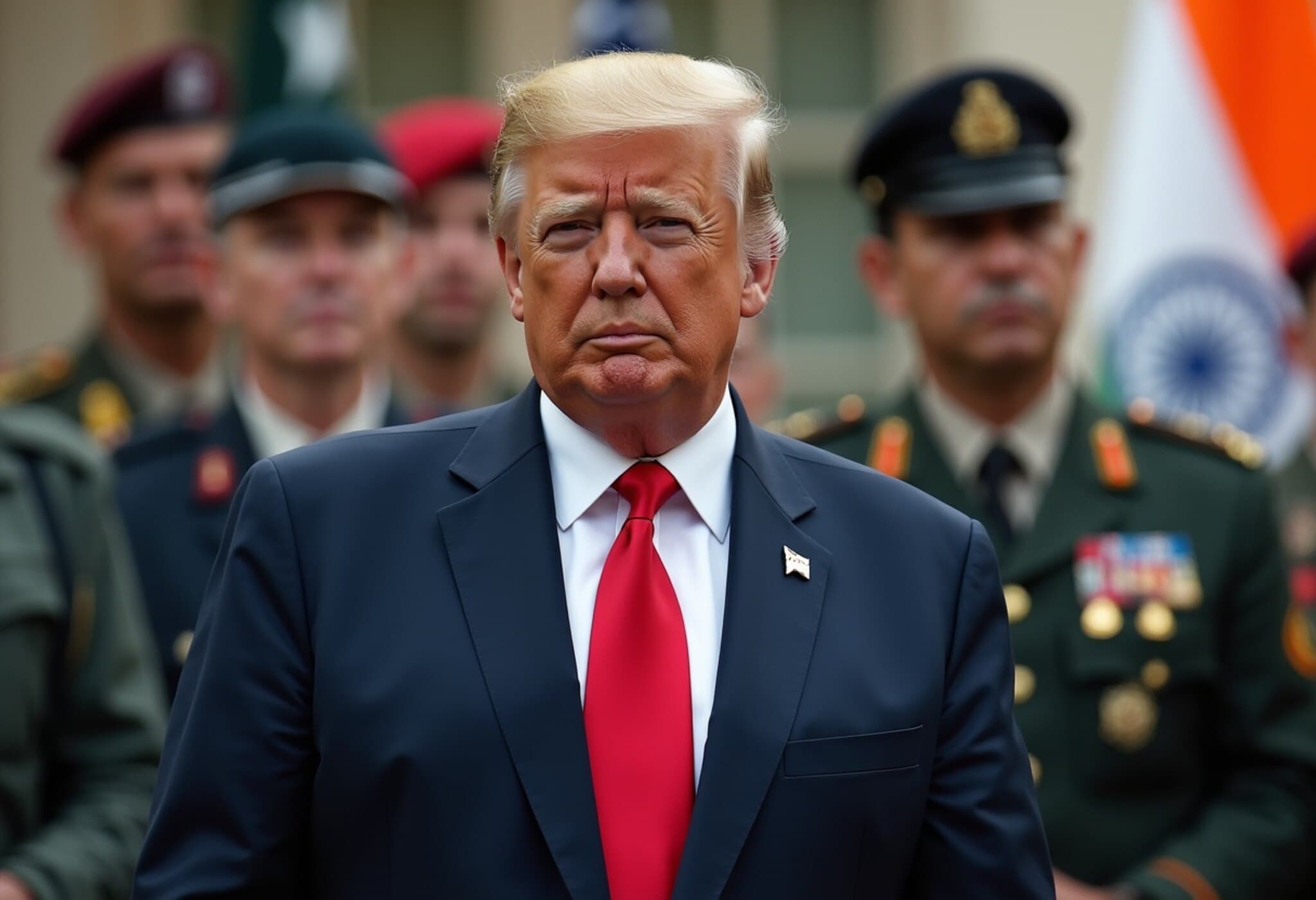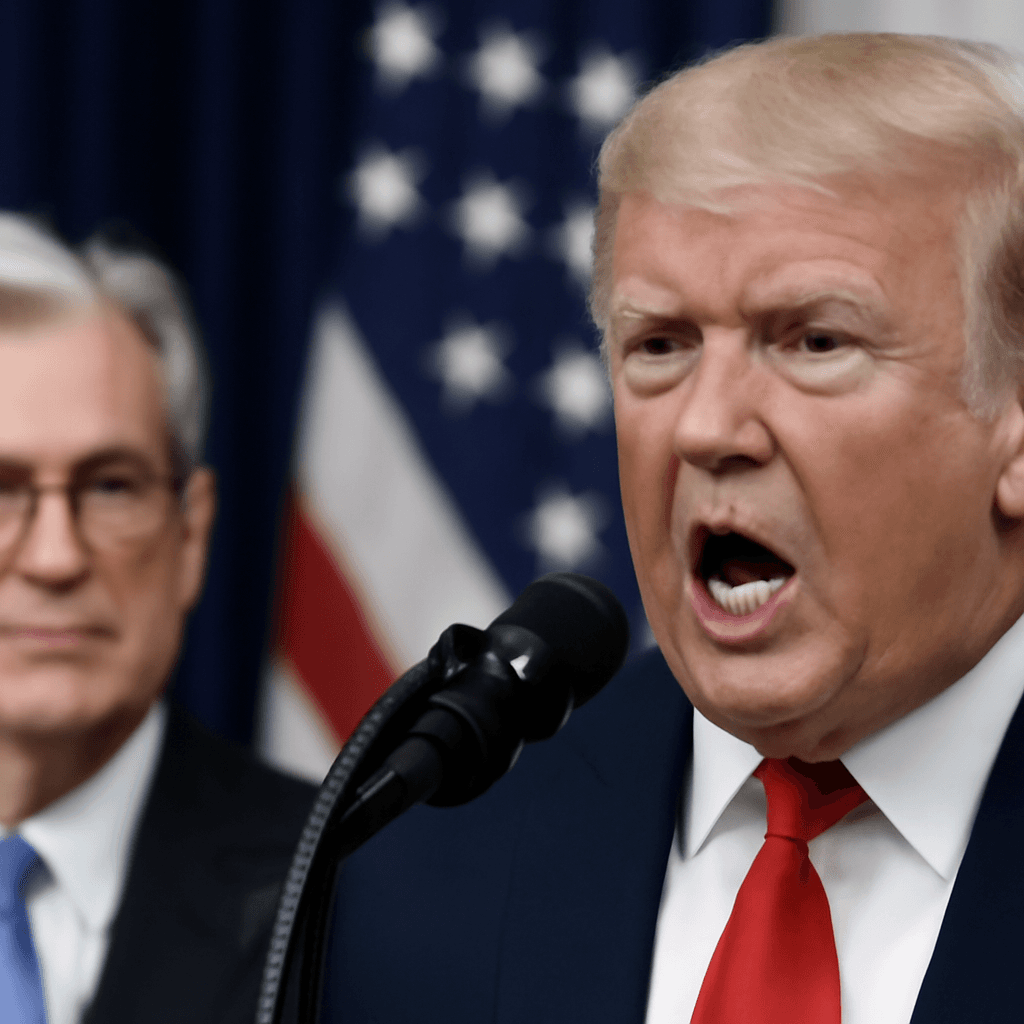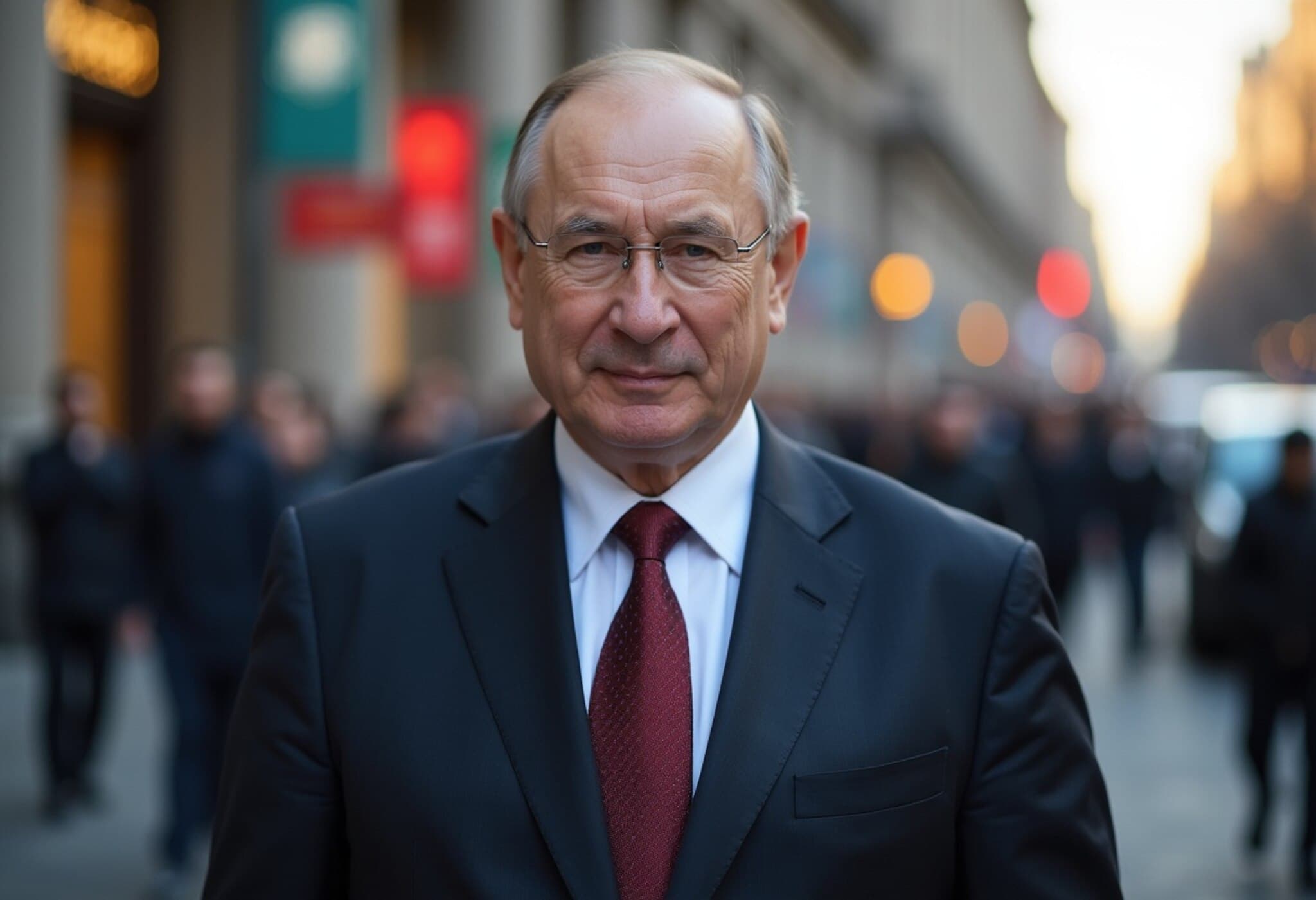Pakistan's Strategic Play: Winning Trump’s Favor Through Crypto and Nobel
In an unexpected move, Pakistan’s military chief, Asim Munir, skillfully leveraged two key tactics to regain prominence on the U.S. geopolitical stage without spending a dime. By appealing directly to former President Donald Trump's well-known ambition for a Nobel Peace Prize and by pursuing a strategic cryptocurrency partnership connected to Trump's family, Munir maneuvered Pakistan back into Washington's spotlight, outflanking domestic rivals and even challenging civilian leadership.
Flattering the Former President’s Ego
During a private White House lunch, Trump warmly welcomed Munir, expressing gratitude for Pakistan’s restraint in avoiding war with India. Trump said, “I was honored to meet him today... I wanted to thank him for not going into the war and ending it.” While praising Indian Prime Minister Narendra Modi for helping de-escalate tensions between two nuclear nations, Trump’s focus stayed firmly on Munir’s role.
Behind the scenes, the White House confirmed that Munir's visit was largely driven by his public endorsement of Trump’s Nobel Peace Prize candidacy. For years, Trump has lamented being overlooked for the award despite his claims of brokering peace and ending conflicts. “They gave one to Obama immediately upon his ascent to the presidency, and he had no idea why he got it. You know what? I got us out of wars. I made deals that nobody thought were possible,” Trump once remarked, tapping into a long-standing frustration.
The Crypto Connection: A Calculated Move
Long before the Nobel pitch, Munir laid important groundwork with a cryptocurrency agreement that resonated with Washington’s burgeoning interest in digital finance—and its underlying circles. In April, World Liberty Financial (WLF), a privately held U.S. crypto company, inked a Letter of Intent with Pakistan’s fledgling Crypto Council (PCC).
This deal entrusted WLF to implement blockchain technologies throughout Pakistan’s financial system, aiming to kickstart asset tokenization, develop stablecoins, and create regulatory sandboxes for decentralized finance trials. The overarching goal? To establish Pakistan as the "crypto capital of South Asia" and a global digital finance powerhouse.
Notably, WLF’s ownership is closely tied to the Trump family. His sons Eric and Donald Jr., along with son-in-law Jared Kushner, collectively hold a 60% stake. Leading the WLF delegation in Islamabad was Zachary Witkoff, son of Steve Witkoff—a long-time Trump business ally and current U.S. Special Envoy to the Middle East.
Munir personally greeted the delegation and took part in confidential discussions with Pakistan’s Prime Minister Shehbaz Sharif, setting the stage for Munir’s White House invitation. To avoid backlash from supporters of former Prime Minister Imran Khan—detained by the military—details of the visit were kept secret for weeks.
Outplaying Rivals and Redefining Influence
Munir’s dual approach has allowed him to outmaneuver Pakistan’s civilian leadership and undercut opposition figures within the military establishment. His engagement with Trump not only earned him international recognition but also positioned him as the country’s de facto leader in Washington’s eyes.
Moreover, by intertwining geopolitical diplomacy with innovative crypto ventures, Munir crafted a unique blend of traditional power play and modern financial technology. This move signals Islamabad’s intent to diversify its strategic relationships and economic foothold globally while navigating regional complexities with India.
Conclusion: A New Chapter in Pakistan-U.S. Relations?
Pakistan’s clever use of Trump’s ego and cryptocurrency ties reflects a sophisticated understanding of U.S. political dynamics. By capitalizing on Trump's personal ambitions and leveraging financial innovation linked to his family’s interests, Pakistan has reinserted itself into critical conversations in Washington—highlighting how soft power and cutting-edge economics can reshape diplomatic ties.

